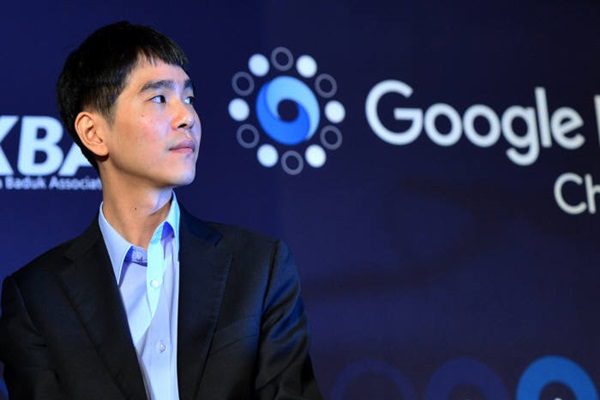Go match between AlphaGo and Lee Se-dol was a good opportunity for South Korea to examine its current standing in artificial intelligence (AI) industry. While there were people who were worried about South Korea’s poor industry structure, small and venture IT companies that have been working hard to create ‘future AlphaGo’ are receiving spotlights again. These companies have revealed their strong ambition to prove their technical skills in AI markets that are led by global businesses.
Trend of ‘AI Syndrome’, which is brought by AlphaGo, is so popular right now that not only does it modify government’s policies but also businesses’ strategies. When it was pointed out that South Korean Government’s budget for investment for AI does not come close to even tenth of investments of the U.S. and Japan, related government departments have announced their investment plans one after the other. Major huge corporations are going to greatly increase their investments for AI by setting AI as their future profitable businesses.
AI solution businesses that had been neglected until now are receiving spotlights again. Even in the midst of difficult times, they were able to develop their own technologies and are even planning to establish their own ecosystems.
Saltlux has raised hopes for South Korean AI system by introducing ‘Adam’ early this year. Although Adam’s data collection and learning method are similar to current AIs, it is relevant that its machine learning is based on Korean and not English. Along with AlphaGo, IBM’s Watson also does not support Korean. Because they are based on English, there are many difficulties when South Korean businesses are trying to release services using their AI system. It is expected that uses for Adam will be high as it is an AI system that considers South Korea’s situations the most.

Cloudine, which has been working on AI for past 10 years, is very close to securing its own AI technology. It has finished developing parallel-processing computing platform that reduces time that is required for machines to learn intelligence and it is going to develop neuro-algorithm that corresponds to brain this year. This algorithm is planned to be used in manufacturing and healthcare fields along with contents such as image search and others.
“A reason why AlphaGo was able to learn tremendous amount of data in short time was due to Google’s strong infrastructures.” said CEO Kim Byung-gon of Cloudine. “We have secured our own AI technology and we are going to apply neuro-algorithm to this so that it can be applied in video, manufacturing and other fields.”
Industrial ecosystems that use AI technologies are going to be established also. Not only will there be start-up companies in medical field that require high-tech technologies and accuracy, but there will also be start-up companies in variety of fields such as entertainment, education and others that use AI. Appearance of start-up companies that combine technologies and services play a huge role in expanding base for AI and growing AI industry.
Standigm is going to develop a technology that reduces pharmaceutical processes and costs by combining AI technologies such as machine learning and others and systematic biology. It had participated in Dream Challenge that was hosted by AstraZeneca, which is world’s top 10 pharmaceutical company, and even placed first place until second round.
Lunit, VUNO and others have charged AI with a role of reading medical images and videos that are difficult to be verified by human eyes. They have all used deep learning and had AI learn large amount of medical data. They also have implemented a technology that can rapidly determine possibility of infection by analyzing CT, MRI and others.
Uvify has combined AI with drones. Cameras that are installed in drones can take pictures of characteristics of current location and surrounding location and recognize them. Level of accuracy and safety of flight is also increased in indoors in which it is difficult to use GPS.
Laboratories at universities are also busy with developing AI technologies. Research team led by Professor Jang Byung-tak of Seoul National University’s Computer Engineering Department has developed ‘PoroRobot’ that has abilities to teach kids on English and communicate with them while showing them an animation called ‘Pororo’. They are also developing housekeeping robots that are based on AI. Although AI solution businesses and start-up companies that use AI technologies are working hard to expand AI markets, there are limitations. Growth is very slow since most of AI businesses are small. Not only is support from South Korean Government necessary but creation of AI ecosystem by huge and small businesses is also necessary.
“It is not easy for small companies that focus on developing AI technologies to dominate entire AI markets.” said CEO Lee Kyung-il of Saltlux. “Long-term investments from South Korean Government need to take place and huge corporations such as Samsung and Naver need to partner up with small businesses and establish AI ecosystem.”
Staff Reporter Jung, Yongchul | jungyc@etnews.com